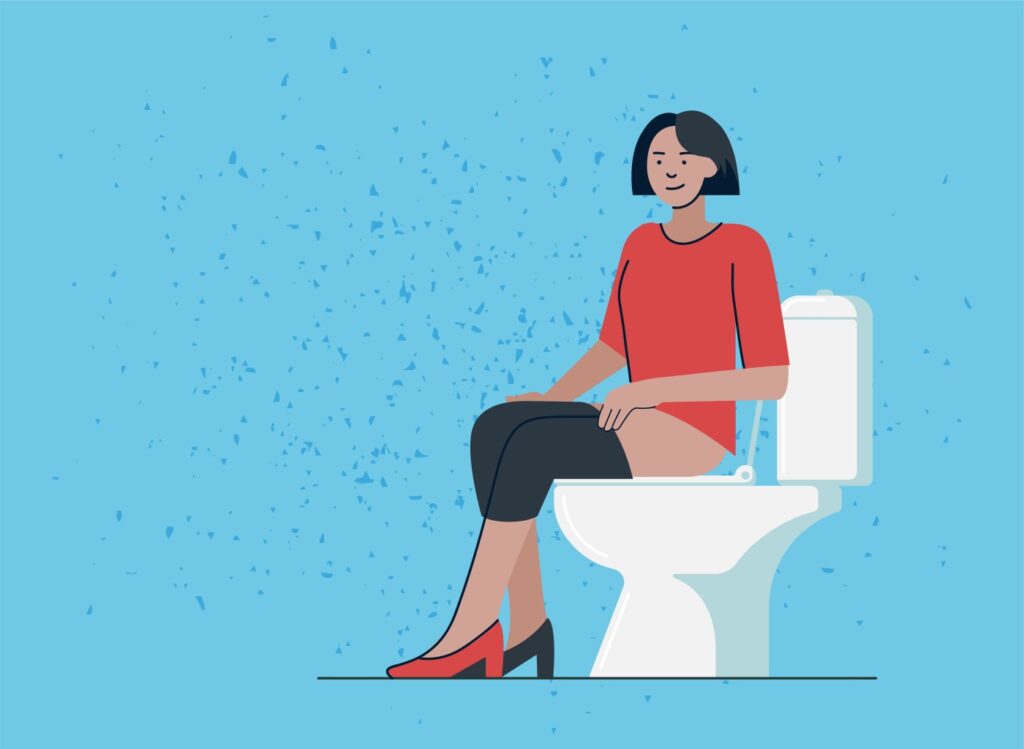Urinary Incontinence

Urinary incontinence is a common condition characterized by the involuntary leakage of urine. It can range in severity from occasional leakage when sneezing or laughing (stress incontinence) to sudden, intense urges to urinate that result in leakage before reaching the toilet (urge incontinence). Other types of urinary incontinence include overflow incontinence, which occurs when the bladder doesn’t empty properly, and functional incontinence, which is caused by factors such as mobility issues or cognitive impairment.
At our clinic, we understand the significant impact that urinary incontinence can have on a person’s quality of life, self-esteem, and confidence. That’s why we offer specialized services to diagnose and manage this condition effectively. Our approach begins with a thorough evaluation of symptoms, medical history, and lifestyle factors.
Diagnostic tests such as a physical examination, urine analysis, bladder diary, and urodynamic studies may be used to assess the underlying cause of urinary incontinence and determine the most appropriate treatment approach.
Once diagnosed, our team works closely with each patient to develop a personalized treatment plan tailored to their specific needs, goals, and type of incontinence. Treatment options for urinary incontinence may include:
Behavioral therapies: Techniques such as pelvic floor exercises (Kegels), bladder training, and biofeedback may help strengthen pelvic floor muscles, improve bladder control, and reduce urinary leakage.
Lifestyle modifications: Changes such as maintaining a healthy weight, avoiding bladder irritants (e.g., caffeine, alcohol), and scheduling regular bathroom breaks may help manage symptoms of urinary incontinence.
Medications: Depending on the type of incontinence, medications such as anticholinergics, alpha-blockers, or topical estrogen therapy may be prescribed to relax bladder muscles, reduce urinary urgency, or improve bladder function.
Medical devices: Devices such as pessaries or urethral inserts may be used to support the bladder or urethra and reduce leakage in cases of stress incontinence.
Minimally invasive procedures: Procedures such as botox injections, nerve stimulation (e.g., sacral neuromodulation), or bulking agent injections may be recommended to improve bladder function and reduce urinary leakage.
In cases where conservative treatments are not effective, surgical options such as sling procedures, bladder neck suspension, or artificial urinary sphincter placement may be considered.
In addition to medical treatments, we provide comprehensive support services to help patients cope with the physical and emotional challenges of living with urinary incontinence. This may include counseling, pelvic floor therapy, and access to support groups or educational resources.
Our goal is to provide compassionate and comprehensive care for individuals affected by urinary incontinence, helping them regain control of their bladder function and improve their quality of life. With our specialized services, patients can receive the support and treatment they need to manage urinary incontinence effectively and live life to the fullest.